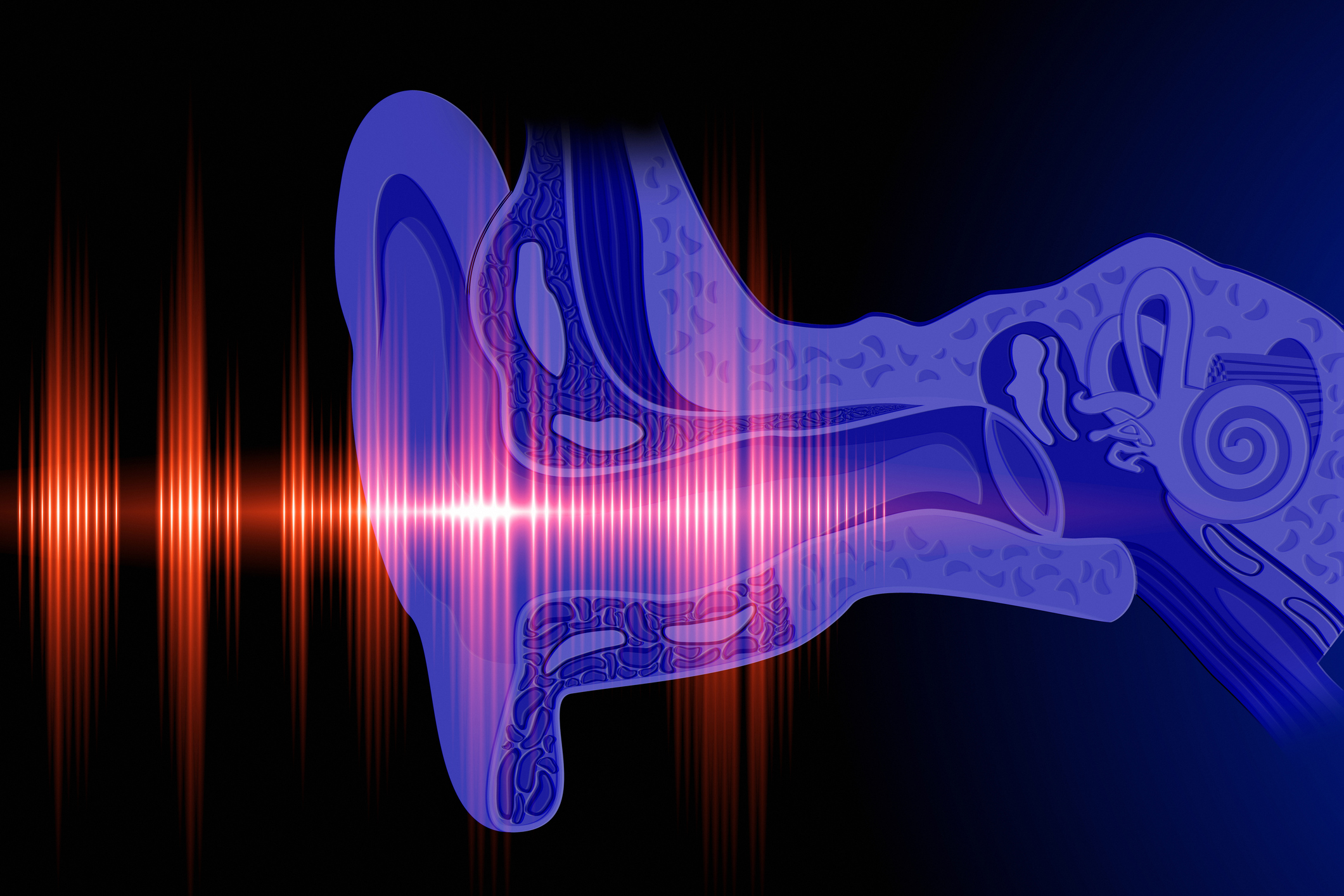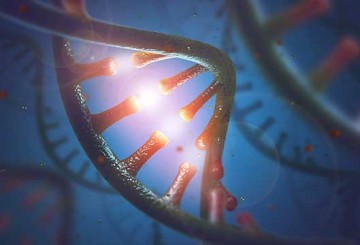Category: Scientific Advances
-

New Insights Into Reward-Motivated Behavior
The ventral striatum, a small part of the brain’s basal ganglia, directs behavior by assigning a reward dimension to everyday items, according to a recent study.
-

Chromosome Domain Inherits Information Without Using DNA Sequence
A recent study found that stability of chromatin structures across DNA replication requires cooperation between a histone chaperone and DNA replication machinery; a mechanism of epigenetic inheritance.
-

Origin of Neuromodulator in the Retina Pinpointed
Northwestern Medicine scientists have discovered that amacrine cells produce nitric oxide, a neuromodulator that regulates blood dilation, in a recently published study.
-

Epigenetics: Landscape of Disease
The Simpson Querrey Center for Epigenetics is connecting the Northwestern academic and medical community to integrate the study of epigenetics into science and clinical care.
-

Neural Mechanism for Error Correction in Motor Activity Uncovered
Northwestern Medicine scientists have discovered a mechanism for rapid, fine adjustments in motor plans, according to a recent study.
-

New Discovery Opens Path to Treatments for Hearing Loss
In a study published in Nature, Northwestern Medicine scientists have demonstrated that a gene is critical for the development of the ear’s outer hair cells, which has important implications for hearing loss treatments.
-

New Bio-Inspired Dynamic Materials Transform Themselves
Scientists have developed soft materials that assemble and disassemble on demand, opening the door for applications including robotics, drug delivery and tissue regeneration.
-

Cell Cycle Protein Has Surprising Secondary Function
A protein facilitating DNA replication during cell cycle also binds microtubules, findings that could inform more effective cancer treatments, according to a recent study published in the Journal of Cell Biology.
-

How Non-Coding RNA Regulates Genes in the Developing Brain
Northwestern Medicine scientists have identified how a type of RNA regulates genes over an unprecedented distance, during a critical process of embryonic brain development that affects adult seizure susceptibility.
-

Newly Formed Blood Vessels May Contribute to Eye Disease
A recent Northwestern Medicine study found that proteins linked to age-related macular degeneration crossed the blood-ocular barrier of aberrantly formed new blood vessels, a process that may contribute to disease.






